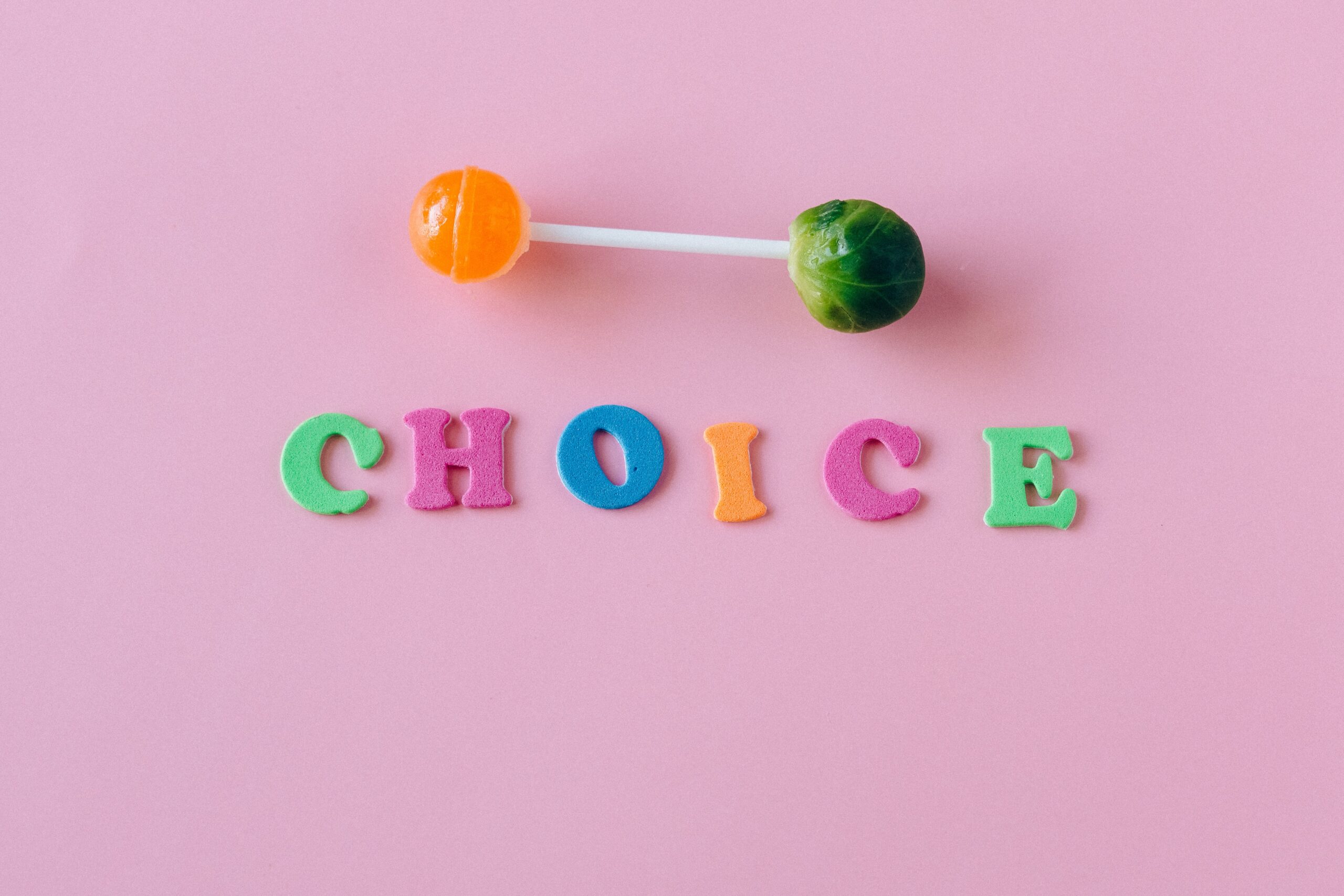Improve Your Mental Health With Two Lifestyle Changes
By Hannah Hauser 31 Dec, 2022
Mental health is a universal concept. We all experience ups and downs, and most even experience extreme lows (depression or anxiety). Even if you have never considered yourself to suffer from a mental illness, it is still essential that you take care of your mental health, as it is the most important form of self-care.
Fortunately, a proven way to improve your mental health naturally is through:
1. a healthy diet, and
2. a solid exercise routine.
Here’s how these two simple lifestyle habits can improve your mental health:

Diet is an important part of your mental health. The foods you eat can affect your mood and overall mental state, as well as help or hinder the treatment of some mental health conditions.
To get started, let’s take a look at what food does to our brain and mind. Foods that are good for us nourish the brain with essential vitamins, minerals, fats and protein. These nutrients are vital for keeping both our bodies and brains healthy.
If you’re eating a balanced diet with plenty of fresh fruits and vegetables (and even fish), then chances are you’re doing just fine. On the other hand, foods high in sugar or fat may cause problems if consumed too often since they tend to be low in nutritional value but high in calories—this means they’ll fill you up without providing much nourishment at all!
When energy levels drop from excessive consumption of these types of foods it can lead to further complications such as anxiety disorders or even depression when combined with other factors such as lack sleep due stress related illness like heart disease which indirectly affects quality sleep patterns due lack vitamin deficiency caused by overeating unhealthy meals laden high sodium content.

Examples of Good Brain Food
Here are some examples of foods that may benefit your mental health:
- Foods rich in omega-3 fatty acids, like fish and walnuts. These fats have been shown to improve mood and reduce inflammation in the brain.
- Foods rich in antioxidants, such as blueberries. Antioxidants have been linked to lower odds of depression symptoms among teenage girls who frequently consume them.
- Whole grains like oats or brown rice. Whole grains contain B vitamins that play a role in keeping our nervous systems functioning properly
- Leafy greens like spinach. Leafy greens boost your vitamin and iron levels. This can play a key role in managing your energy levels and brain fog.
Getting Physical Is Important
If you want to improve your mental health, it’s important to get moving. Exercise has been shown to help the brain release feel-good hormones and can help people sleep better. It’s also a fantastic way to release endorphins—chemicals that make us feel good. Exercising regularly can even improve your mood and reduce stress levels.
Exercise releases endorphins, which make you feel good. Your body can also produce these chemicals when you meditate or sleep. But suppose you’re not getting enough exercise to release endorphins or are eating unhealthy foods that leave you feeling sluggish and depressed throughout the day. In that case, starting exercising and eating better could be a step in the right direction.
Diet and exercise can help improve memory and concentration
Exercise can improve memory, concentration, and your ability to learn new things. It can help you focus on one task at a time, stay awake and alert, and stay focused for longer periods of time. In general, exercise helps with mental health by improving your mood and making you feel more relaxed.
Many who suffer from brain fog will also notice that with an increase in their exercise levels also comes with a decrease in the cloudy feeling they experience in their head.
The Bottom Line
The bottom line is that there’s a strong connection between how we eat and how our brains function. If you are finding you have low energy and moods, its worth considering whether your diet has anything to do with it. You can also always reach out to experts if you are struggling with mental health.
Remember: It’s important to know that mental health is something we can all work on improving, so if you feel like you need to take some steps in that direction, don’t hesitate and find what works for you.
Sources:
Diet, Exercise, and Sleep Are Pillars of Mental Health, Study Finds (verywellmind.com)
Healthy Diet, Healthy Brain: 15 Foods for Mental Health (rtor.org)

